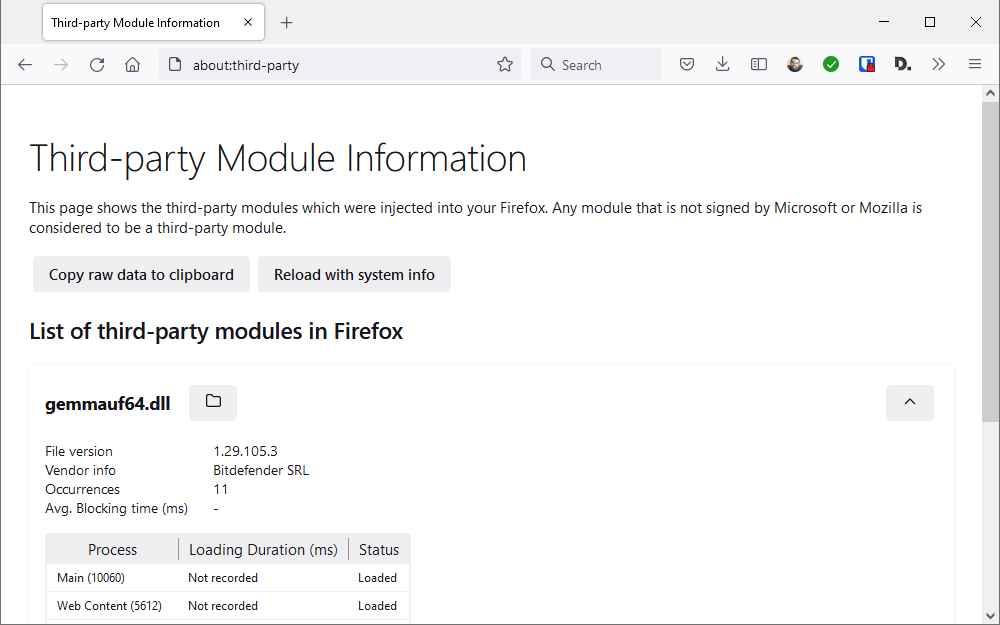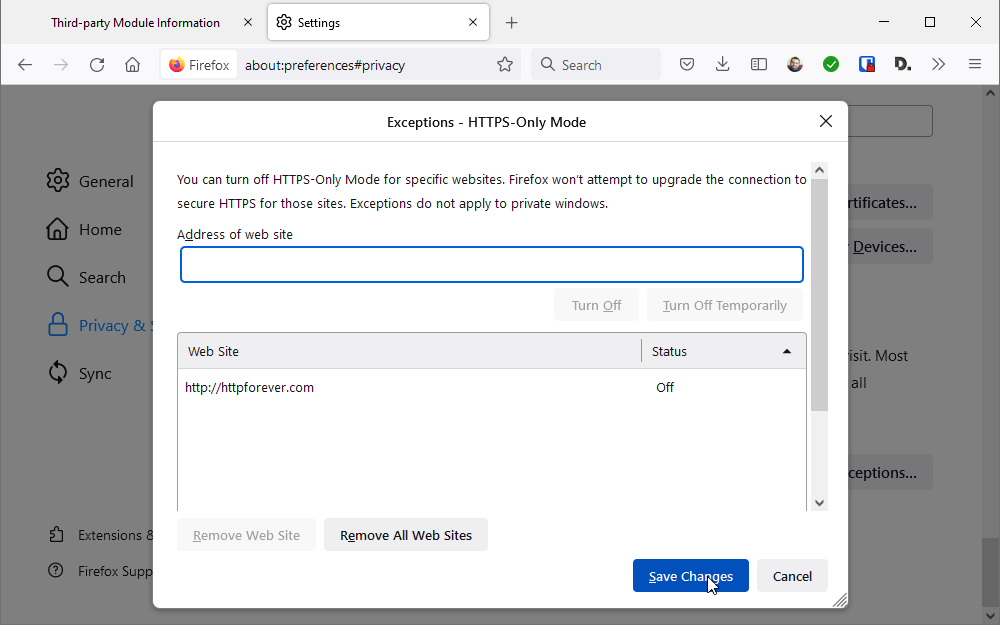After last month’s major redesign, you’d be forgiven for thinking Firefox might take it easy with its latest update. But while there are no standout features to rival version 89’s facelift, Firefox 90 sports some notable new features and improvements to make the update a noteworthy one.

The Windows build gets particular attention with this new release. Firefox 90 introduces a new about:third-party page to help users identify compatibility problems caused by third-party modules and apps.
Firefox for Windows also comes with a new option to install updates silently using a background service even when Firefox isn’t running. The aim is to minimise disruption through update alerts, and the setting can be viewed – and configured – via Settings > General > Firefox Updates.

Elsewhere, users gain the ability to add and manage exceptions to HTTPS-only mode via Settings > Privacy – previously users could only exclude sites from the check via the lock icon in the Address Bar.
Firefox’s SmartBlock feature has also been updated to version 2, which now blocks third-party Facebook scripts in private browsing mode unless you decide to log in with Facebook on any site, in which case they’re loaded 'just in time' to prevent the login from failing.
The Print to PDF feature has also been improved to produce working hyperlinks from generated pages. Elsewhere, right-clicking and choosing 'Open Image in New Tab' opens images and media in a background tab by default, while the majority of users without access to hardware-accelerated WebRender will now switch to using software WebRender by default.
One major depreciation – long trailed – sees all FTP support removed from the browser. The update is rounded off with the usual security fixes, developer tweaks and newly added support for Fetch Metadata Request Headers on the web platform.
Firefox 90 is available now for Windows 64-bit, Windows 32-bit, Linux and macOS. New versions will also be rolling out on Android and iOS, with Android users getting faster back and forward navigation on webpages that use unload event listeners, along with support for using credit card autofill information.


Your Comments & Opinion